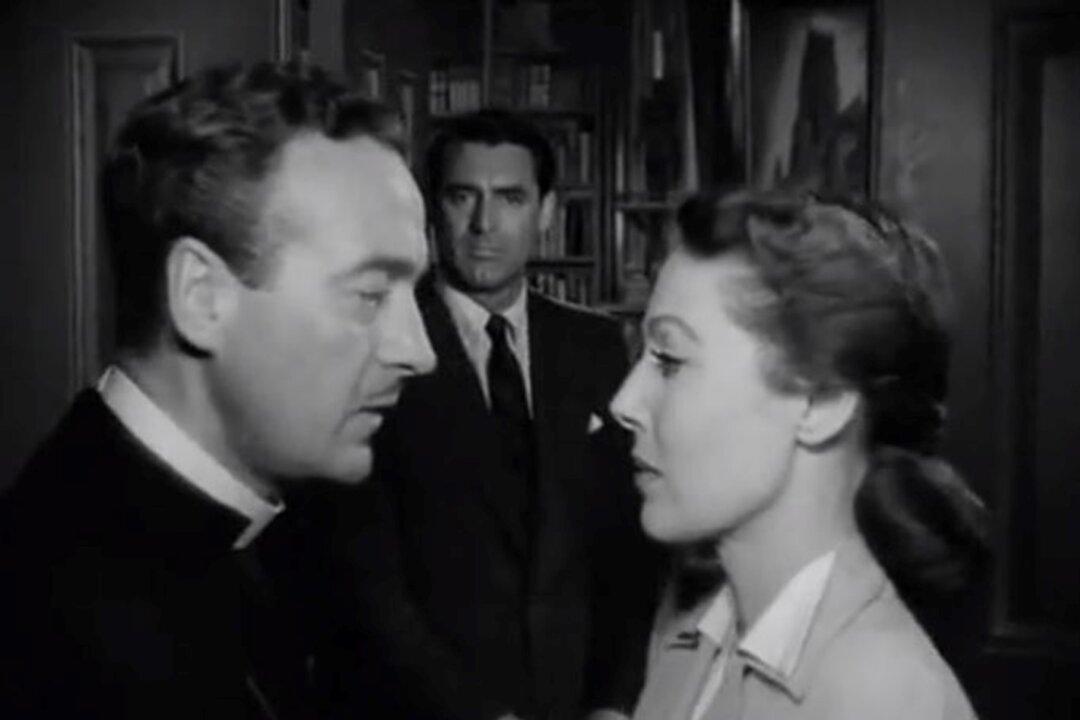Not Rated | 1h 49min | Comedy, Drama, Fantasy | 16 February 1948 (USA)
Christmas is not only a time of joyousness but also for moral and spiritual reflection. In that regard, although director Henry Koster’s 1948 Christmas tale “The Bishop’s Wife” contains plenty of whimsy and comic notes, there is also an undercurrent of moral meditations and virtuous musings that one might say even verge on the divine.






